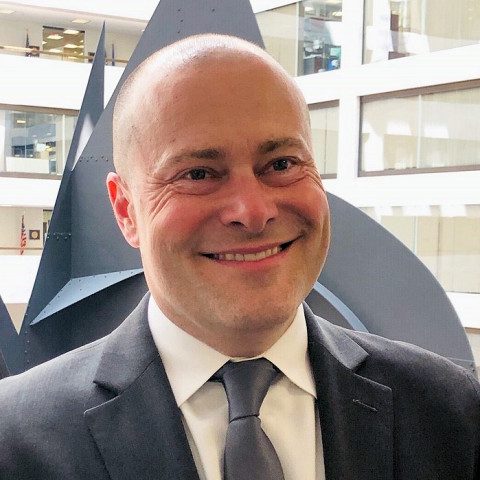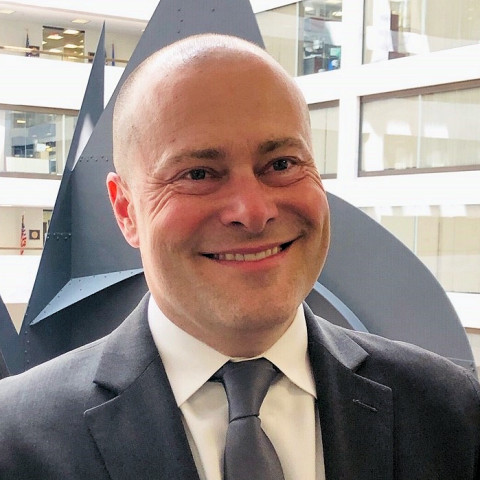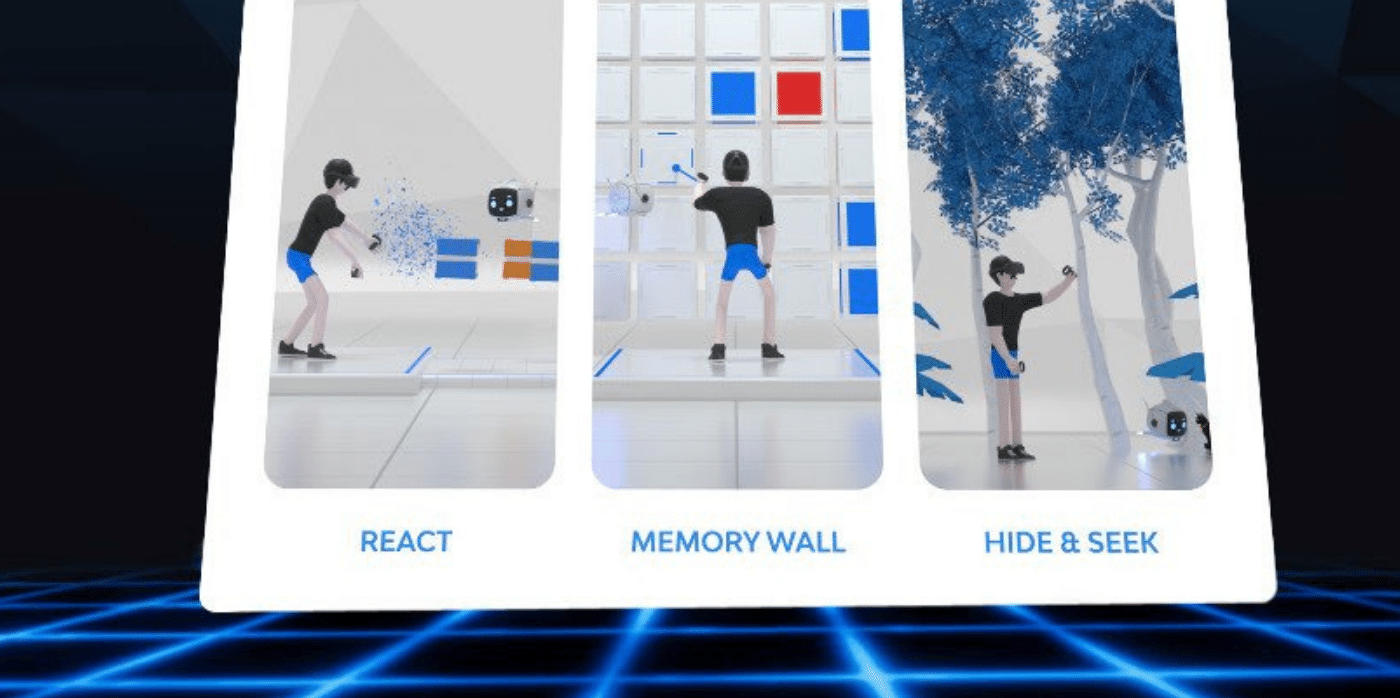Financial literacy training for Gen Z

Spotted: There are worrying signs that a generational gap is opening when it comes to financial literacy. A recent survey by Investopedia, for example, found that only 31 per cent of Gen Z individuals – aged 18 to 25 – said they understood investing. And this age bracket also scored lowest of all the generations surveyed on their perceived knowledge of taxes, borrowing, insurance, and retirement.
When they do consume financial education content, those in Gen Z rely overwhelmingly on the internet. And in another survey by the Current Account Switch Service in the UK, almost half of respondents between the ages of 18 and 24 reported that a TikTok influencer has helped them make a financial decision. This reliance on TikTok and other social media platforms is worrying given that credible bodies such as the UK’s Financial Conduct Authority have highlighted the dangers of heeding the advice of unregulated social media ‘fin-fluencers.’
Hoping to improve the financial literacy of young people is UK startup Prograd, one of several companies leveraging the engaging formats used by social media platforms to provide reliable financial information.
Prograd’s free platform allows users to create personalised financial targets, and highlights earning, saving, and borrowing opportunities to help them meet those goals. These opportunities range from product discounts and job opportunities to savings accounts and credit cards from partnering organisations. The company’s AI-powered technology performs soft credit checks to highlight appropriate credit products without impacting the users’ permanent credit history. And to make finance understandable, key terminology is explained in simple, jargon-free language.
In highlighting these ‘paths’ to fulfilling financial goals, Prograd acts as a broker (it may be paid a fee if one of its partners’ products is taken up through the platform). But what sets the startup apart is its slick Gen-Z-friendly user experience and its social-media-like ‘community’ through which users can interact with each other and watch snappy, short-form videos explaining important financial concepts.
In the archive, Springwise has spotted other innovations improving financial inclusion, including a free platform for unbanked communities and a banking platform that’s accessible to everyone.
Written By: Matthew Hempstead



 Aaron Smith is the CEO of the Energy and Environmental Building Alliance (EEBA) which represents a community of over 50,000 builders and their stakeholders across North America that are truly the early adopters and innovators in driving sustainable transformation of the homebuilding industry.
Aaron Smith is the CEO of the Energy and Environmental Building Alliance (EEBA) which represents a community of over 50,000 builders and their stakeholders across North America that are truly the early adopters and innovators in driving sustainable transformation of the homebuilding industry.